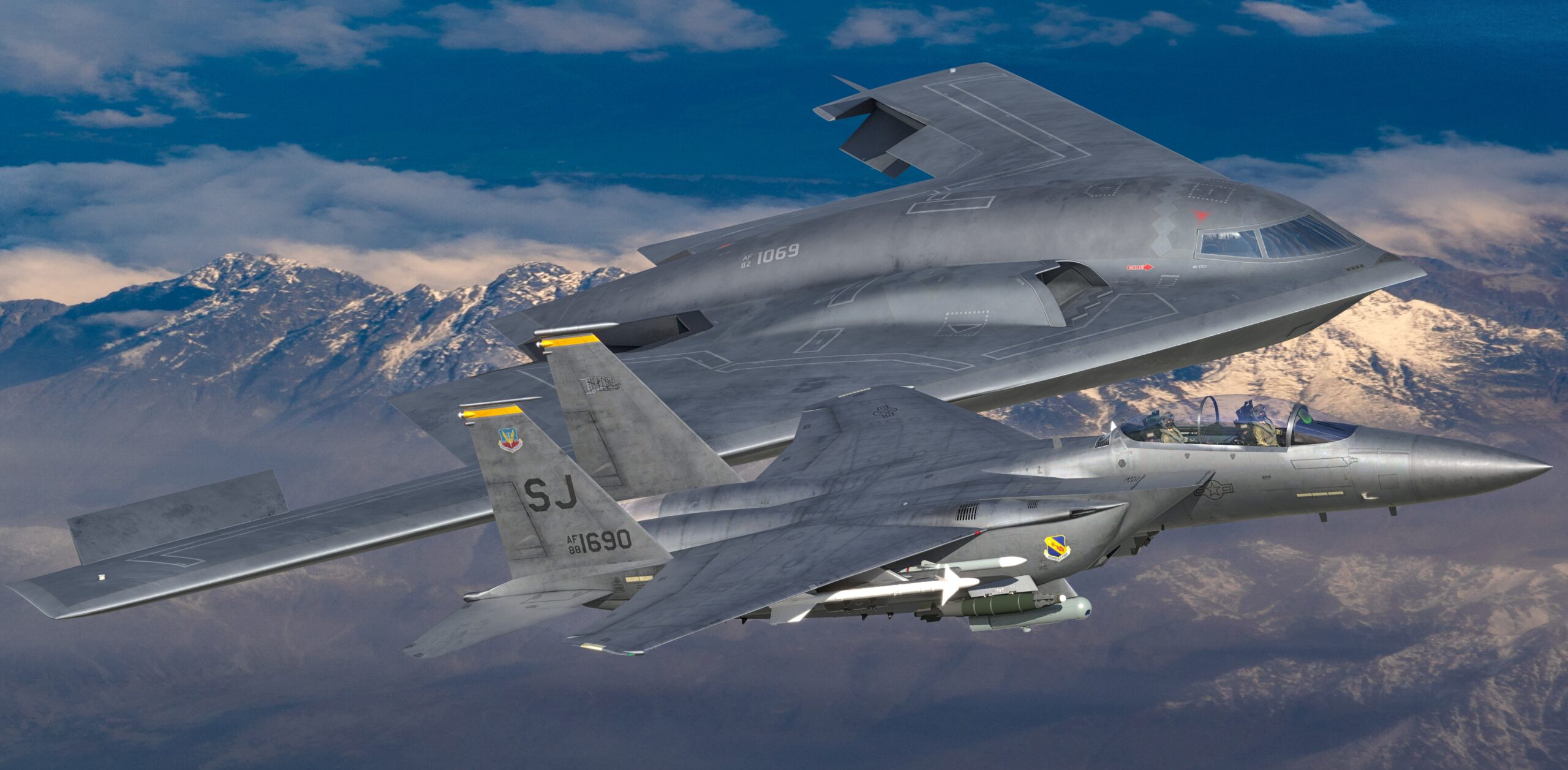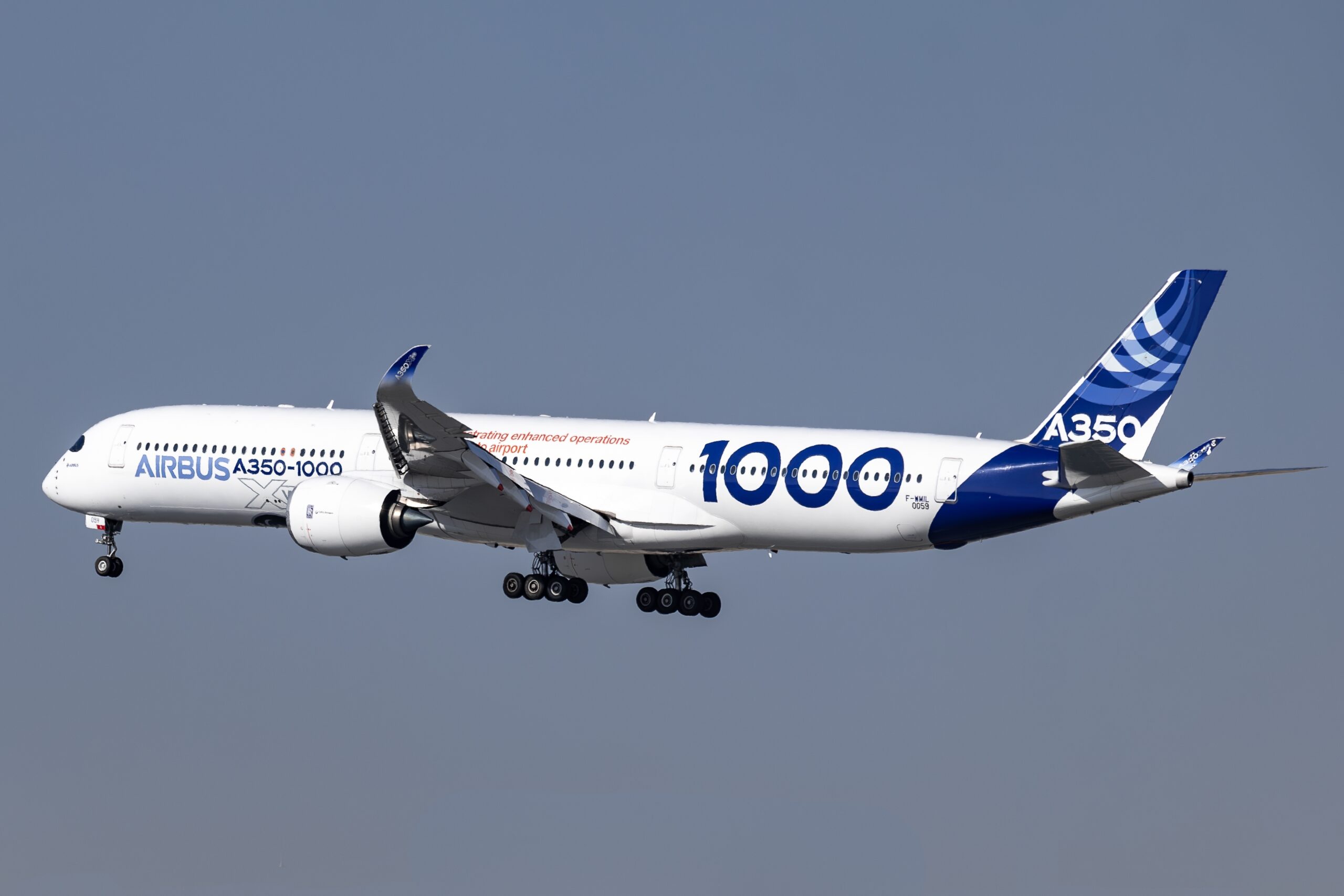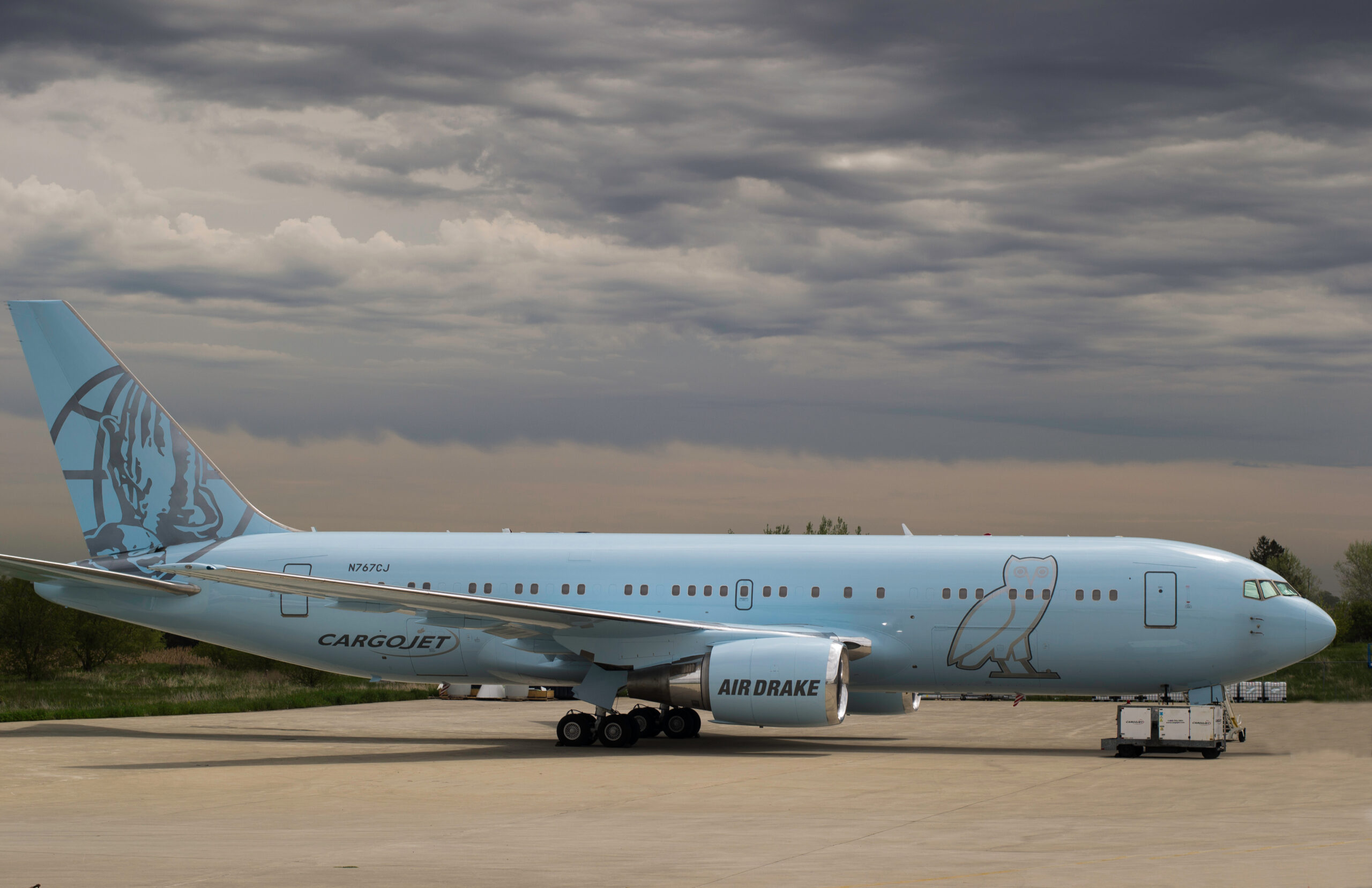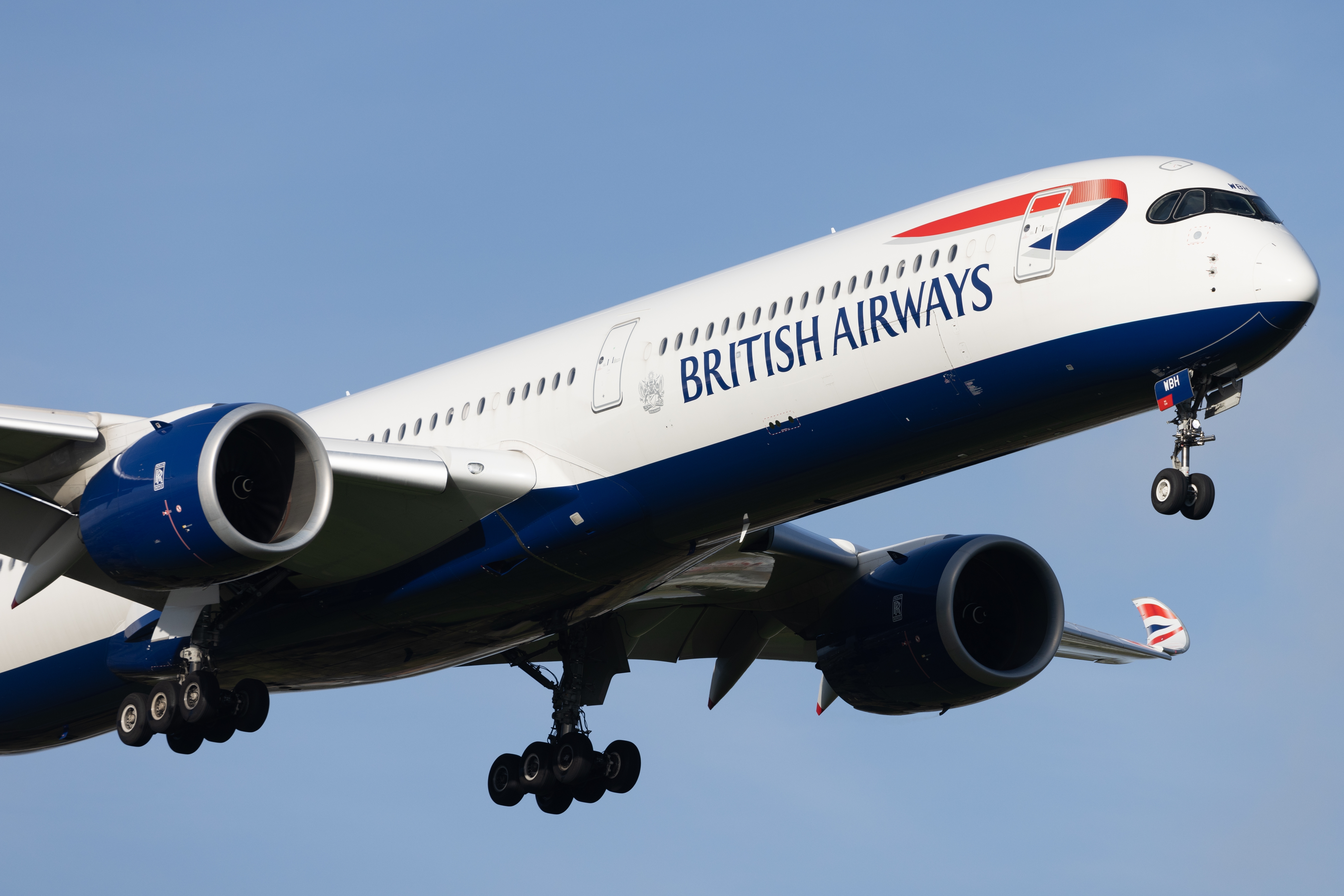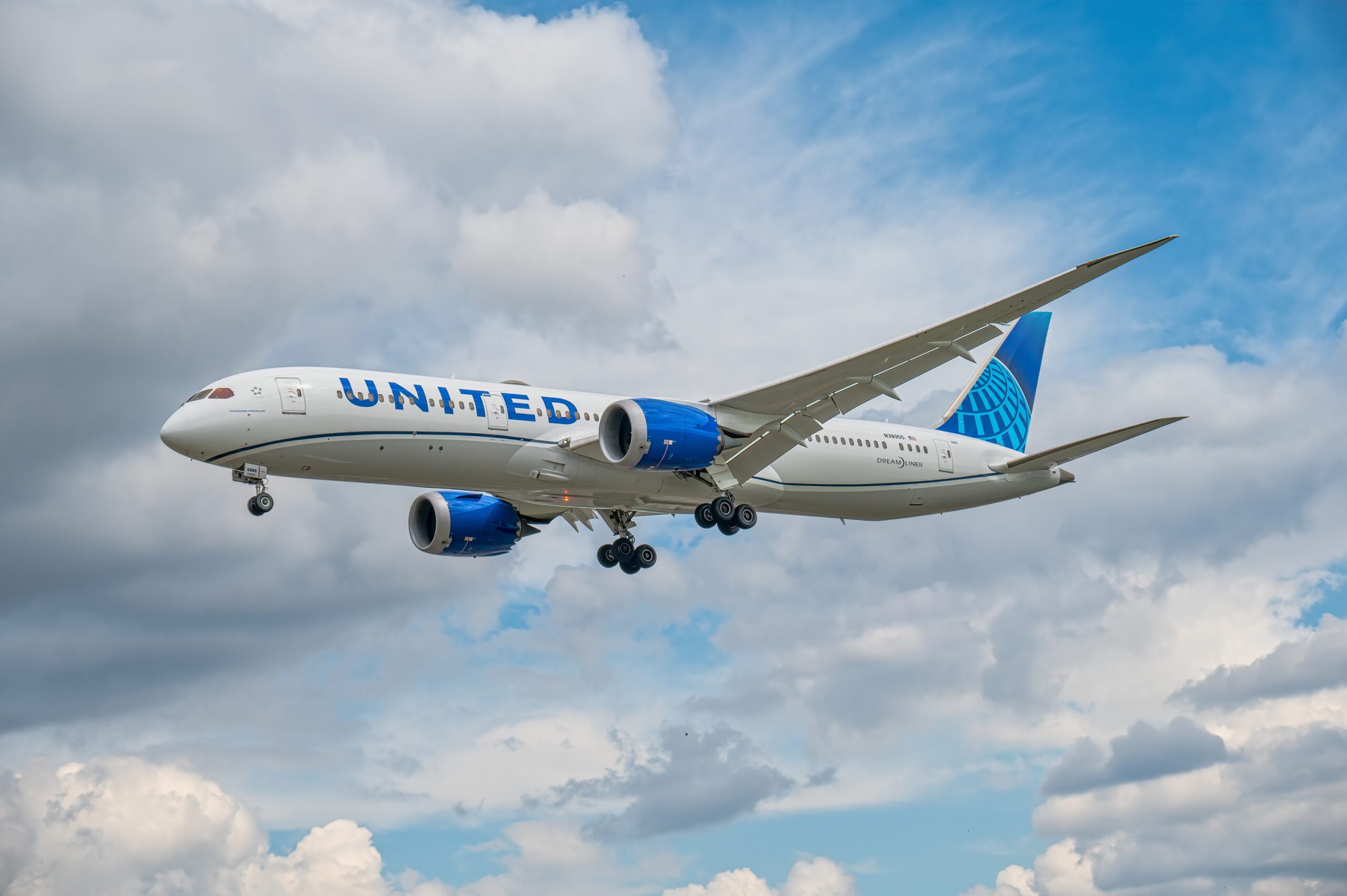Everything You Need to Know About Spirit Airlines
Spirit Airlines is well-known as a low-cost carrier in the United States. Founded in 1983, it started as Charter One. It rebranded to Spirit Airlines in 1992. This transformation marked its entry into the commercial airline sector. Initially, the airline operated domestically, but it expanded to international destinations over the years.
Business Model and Services
Spirit Airlines adopts an ultra-low-cost carrier (ULCC) model. This model focuses on keeping base fares low. Passengers have the flexibility to pay for extras they need. The basic fare includes just the seat and a small personal item.
Services offered for additional fees include:
- Checked baggage
- Carry-on baggage
- Seat selection
- In-flight refreshments
- Priority boarding
This a-la-carte pricing strategy allows passengers to customize their travel experience. Spirit’s model also emphasizes operational efficiency. They use a single type of aircraft, the Airbus A320 family, which streamlines maintenance and training costs.
Fleet and Destinations
Spirit Airlines has a fleet of over 160 aircraft. All planes belong to the Airbus A320 family. The fleet includes A319, A320, and A321 models.
Spirit operates flights to over 75 destinations. These locations span across the United States, the Caribbean, and Latin America. Major destinations include:
- Fort Lauderdale
- Orlando
- Las Vegas
- Cancun
- San Juan
Cost Structure and Ticket Pricing
Spirit Airlines offers some of the lowest base fares in the industry. The airline uses simplified fare structures. The base ticket price covers the seat and one small personal item. Additional services incur separate fees. These fees vary based on factors such as the booking time, route, and season.
Examples of typical fees include:
- Carry-on baggage: $35-65
- Checked baggage: $30-75
- Seat selection: $5-50
- In-flight refreshments: $2-10
The airline also offers a membership program called the $9 Fare Club. Members get access to exclusive fares and discounts on baggage fees. The membership costs $59.95 per year.
Operational Efficiency and Cost-Saving Strategies
Spirit’s operational efficiency is a key factor in its cost-saving strategy. The airline uses a single aircraft type, the Airbus A320 family. This reduces training and maintenance costs. Spirit also maximizes aircraft utilization. The planes have high seating density with fewer amenities. This allows Spirit to offer more seats per flight and generate more revenue.
Cost-saving strategies include:
- Direct ticket sales through their website
- Lowering distribution costs by avoiding traditional travel agents
- Minimal reliance on printed tickets
- Outsourcing certain operational functions
Customer Experience and Satisfaction
Spirit Airlines has a mixed reputation for customer satisfaction. The airline ranks low in customer satisfaction surveys. Common complaints include fees, limited legroom, and in-flight comfort. However, some passengers appreciate the low base fares and customizable service options.
Customer experience highlights:
- Simple booking process on the Spirit website
- Transparent pricing with clear information on additional fees
- Efficient check-in process, available online, at kiosks, or counters
Environmental Impact and Sustainability Efforts
Spirit Airlines aims to minimize its environmental impact. The company uses fuel-efficient aircraft from the Airbus A320 family. These planes have lower emissions compared to older models. Spirit also practices weight-saving measures. These include reducing the weight of on-board materials and optimizing aircraft routes.
Sustainability initiatives include:
- Fleet modernization with fuel-efficient aircraft
- Recycling initiatives on board and at headquarters
- Efforts to reduce single-use plastics
- Participation in carbon offset programs
Future Plans and Innovations
Spirit Airlines continues to grow and innovate within the aviation industry. The airline has plans to expand its fleet and add new destinations. Spirit is also exploring new technology to enhance the passenger experience.
Future plans and innovations:
- Order of new Airbus aircraft, including the A320neo model
- Investment in digital tools for a smoother travel experience
- Expansion of the $9 Fare Club to attract more passengers
- Enhancements in customer service through better training and technology

